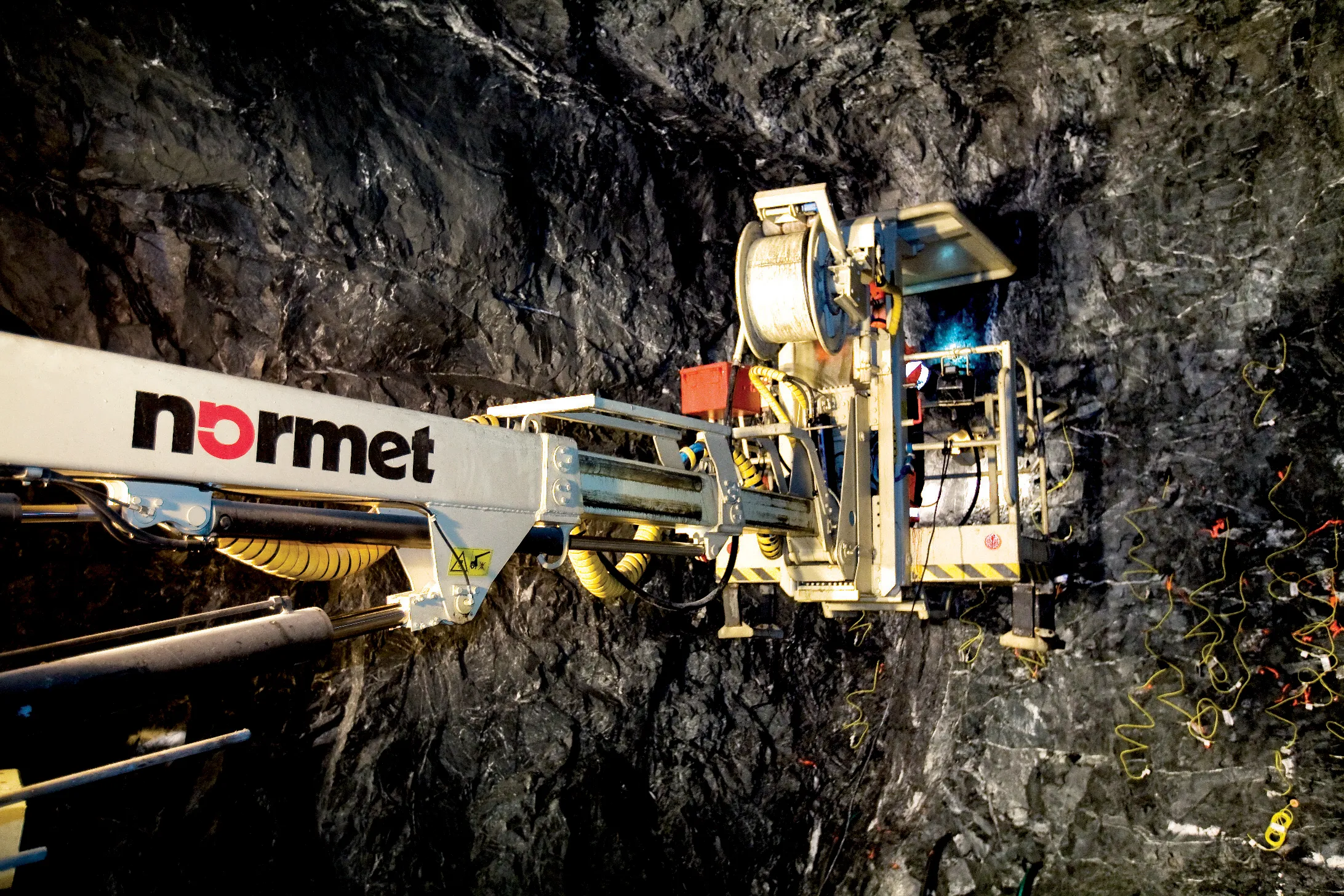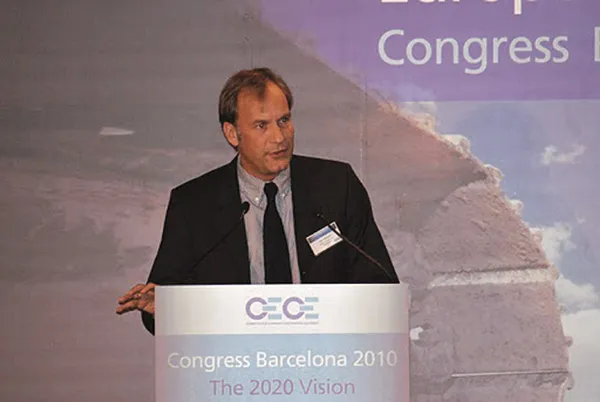Underground construction in the world is increasing, metal ores are mined deeper, and there is an ever-growing demand in emerging countries for metals, infrastructure and energy.
March 7, 2012
Read time: 2 mins

Underground construction in the world is increasing, metal ores are mined deeper, and there is an ever-growing demand in emerging countries for metals, infrastructure and energy.
All these trends support the continuation of global needs of specialised equipment for underground tunnel building, says3708 Normet, a Finnish manufacturer of mining and tunnelling equipment, which is strengthening its local organisations (sales, marketing and customer service) around the world and by making substantial investments in R&D and production facilities.
Last year Normet underwent considerable restructuring resulting in a new distribution network with headquarters, Normet International, in Switzerland, and regional offices in Switzerland, Australia and the United States. Previously, the organisation sold 60% of its products through distributors and third parties, and now at least 80-90% of sales are conducted through its own subsidiaries.
"This year, the main emphasis of Normet's front line operations is on substantial improvement of customer service and support. The subsequent step is to focus on R&D, which will further strengthen our offering and position as a leading supplier of underground concrete spraying and charging solutions," says Aaro Cantell, chairman of Normet Group's board.
In three years, Normet has tripled its turnover and doubled the number of personnel. During the past year, the company has established 14 offices globally and now operates from 17 different locations worldwide with new locations in India, Singapore and Brazil planned in the near future.
"Over €7 million will be invested in manufacturing and in a technology centre. This will enable full-scale prototype manufacturing and testing, and increase our production capacity by 66%," says Jari Osmala, CEO of Normet Group.
All these trends support the continuation of global needs of specialised equipment for underground tunnel building, says
Last year Normet underwent considerable restructuring resulting in a new distribution network with headquarters, Normet International, in Switzerland, and regional offices in Switzerland, Australia and the United States. Previously, the organisation sold 60% of its products through distributors and third parties, and now at least 80-90% of sales are conducted through its own subsidiaries.
"This year, the main emphasis of Normet's front line operations is on substantial improvement of customer service and support. The subsequent step is to focus on R&D, which will further strengthen our offering and position as a leading supplier of underground concrete spraying and charging solutions," says Aaro Cantell, chairman of Normet Group's board.
In three years, Normet has tripled its turnover and doubled the number of personnel. During the past year, the company has established 14 offices globally and now operates from 17 different locations worldwide with new locations in India, Singapore and Brazil planned in the near future.
"Over €7 million will be invested in manufacturing and in a technology centre. This will enable full-scale prototype manufacturing and testing, and increase our production capacity by 66%," says Jari Osmala, CEO of Normet Group.








